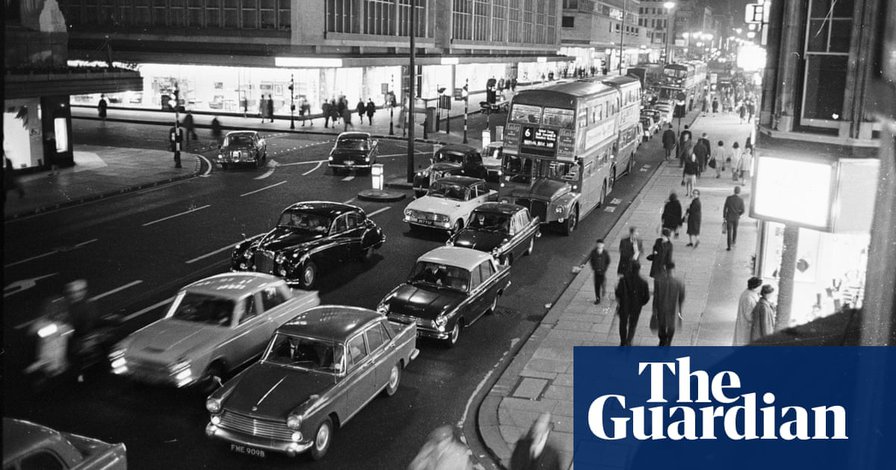
my notes ( ? )
"the “new mobility”... cities in which residents no longer rely on their cars but on public transport, shared cars and bikes and, above all, on real-time data on their smartphones. ... transform not just transport but the cities themselves ... rebalance the public space and create a city for people ... less pollution, less noise, less stress... a more walkable city...
transport sociologists say that information about mobility is 50% of mobility. The car will become an accessory to the smartphone...
‘peak car’ seems to have been reached in America, with young people favouring what they call transit; and there is a trend of younger people no longer seeing the car as central to their lives...We are increasingly seeing the car as a functional technology to get from A to B, rather than the much more symbolic representation it had in defining society in previous generations....
in the future, instead of buying cars, we will have a monthly contract with a supplier which ...understands my needs, constantly learns about my profile, and gives me a package according to what I’m prepared to pay...
a shared, autonomous, self-driving car service could radically transform the way people move around a city without building a single road – just as Airbnb is transforming the approach to accommodation without building a single hotel. They don’t own any buildings at all, they write code..."
- End of the car age: how cities are outgrowing the automobile | Cities | The Guardian
Read the Full Post
The above notes were curated from the full post
www.theguardian.com/cities/2015/apr/28/end-of-the-car-age-how-cities-outgrew-the-automobile.
